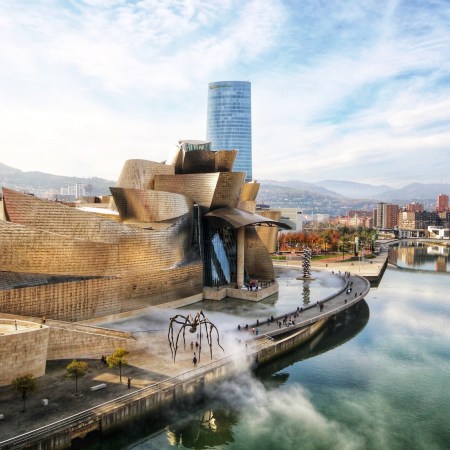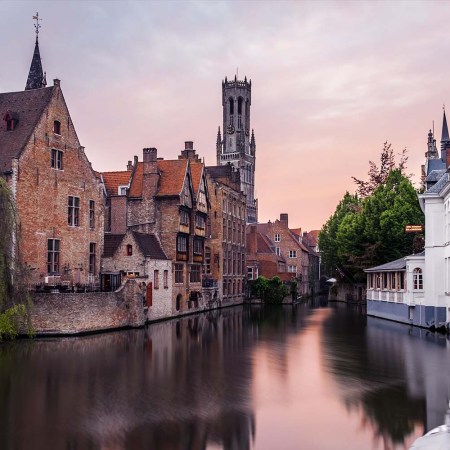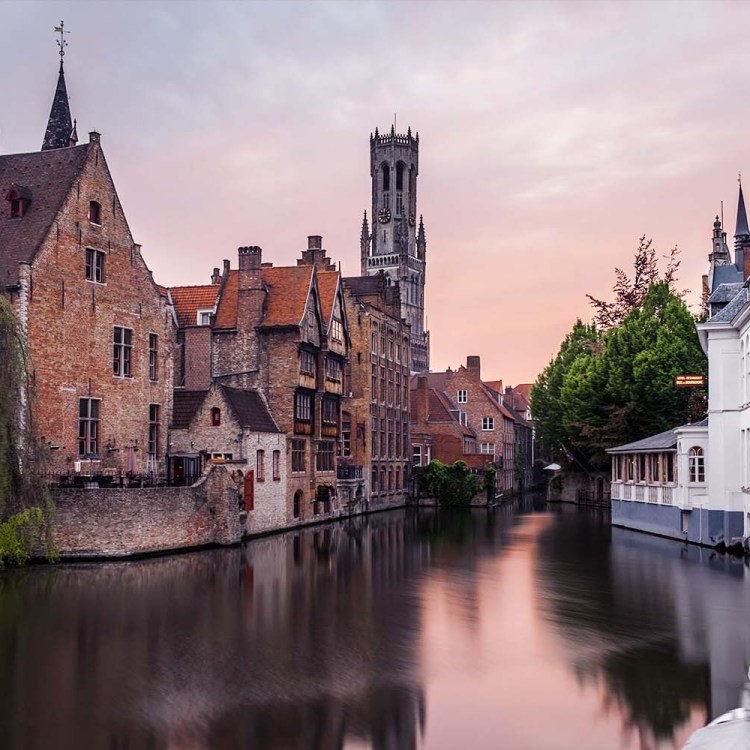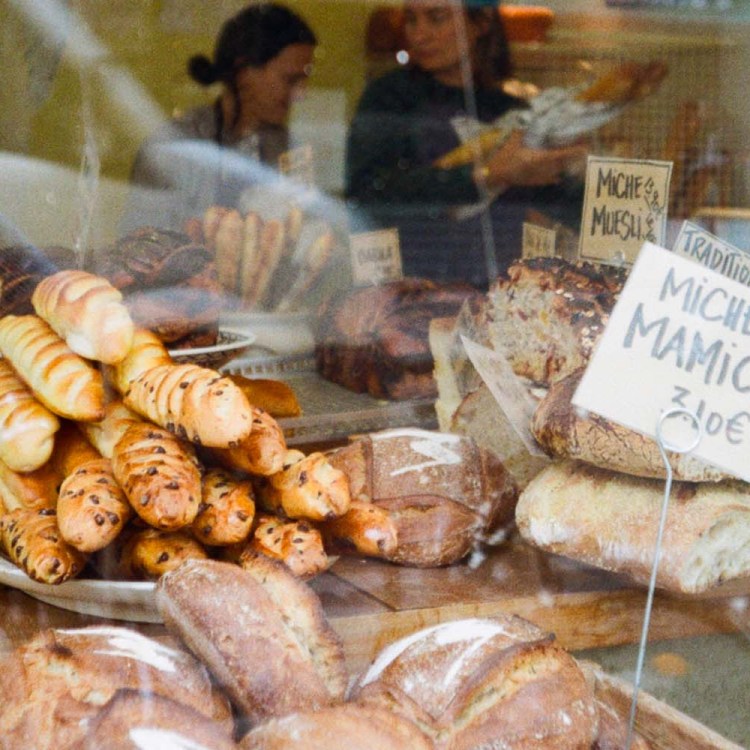Travel is one of the many facets of American life to have been unnecessarily politicized by COVID-19. Restrictions have been implemented, and then retracted, and then reimplemented again. Innumerable experts have weighed in, borders have closed, studies have been conducted, borders have been reopened. Yet the strongest ruling of all has continued to come from one source: the court of public opinion.
Travel shaming is a societal phenomenon, originally outlined by The Washington Post, that’s becoming increasingly more prevalent as the initial news of the vaccine caused a spike in travel bookings for 2021. People have been berated, profiled and ultimately “canceled” for traveling, even if only an hour or so from home for a long weekend. And it’s not difficult to see why: taking a vacation potentially at the expense of someone else’s health is selfish and reckless, even if you all got tested before decamping to a tropical island for your 30-person birthday extravaganza.
The reality, though, is that travel shaming isn’t necessarily deterring people from traveling — it’s just making most of them less apt to post about it on Instagram. Emphasis on most. Because in the colorful world of travel influencers and bloggers, not posting isn’t really an option. It is their raison d’etre, after all.
And while many of them are regrettably breaking rules and putting local populations at risk, there might actually be a few tips and tricks to be gleaned from how they navigate COVID-era travel. In other words — it might be time to lighten up on the meanderings of some travel bloggers and influencers. Hear us out.
The travel industry, like so many others, is teetering on the brink of collapse. It has been reported that as many as 100,000 jobs will be lost in total in the airline industry if no more government relief arrives. The leisure and hospitality industries saw almost half a million jobs lost in December alone, according to a report by the Labor Department. Consider also the once-popular destinations in developing countries, where economies rely heavily on tourism. In a New York Times story from August titled “The Caribbean Dilemma,” Nina Burleigh wrote that “Last year, more than 31 million people visited the Caribbean, more than half of them from the United States. I was one of them. Together, we contributed $59 billion to the region’s 2019 gross domestic product — accounting for a whopping 50 to 90 percent of the G.D.P. for most of the countries, according to the International Monetary Fund.”
Consequently, Burleigh posits, the absence of tourism in those countries for an extended period of time has resulted in hardship for its residents. A hardship not unique to the Caribbean region, either, if not quite as dire. Spain, a wealthier country that is less dependent on tourism, saw 77% fewer visitors last year than in 2019, costing the country an estimated $86 billion.
All of this to say — yes, COVID is exceptionally dangerous, and not to be trivialized for the sake of a winter getaway. But expecting travel to grind to a complete halt comes with its own set of dangerous implications. So maybe in the meantime, until we achieve herd immunity and are able to travel about freely again, professional travelers are who we should be looking to to (gradually) get things rolling again.
As Ivan Baidin, head at Travelpayouts and Forbes Councils Member, wrote, “Readers have always come to travel bloggers for advice as they struggle to find accurate and useful information about traveling, and the same is true during the pandemic … While it’s important to read and respect health and safety guidelines and restrictions for travel, no government officials will be able to share experiences of exactly what it’s like to travel during the pandemic. Many travel bloggers are encouraging readers to think about ways to travel responsibly, safely and sustainably during the pandemic and beyond.”
True, too, is the fact that many influencers and bloggers rely on the ability to create content and book sponsorships for the sake of their livelihoods. While several have managed to pivot to travel-adjacent content or different work entirely, it’s still come at a significant cost. They may not work in hospitality, or directly for an airline, but they still fall under the industry umbrella.
Of course, we’d be remiss not to point out that “influencer” is not always synonymous with a responsible or mindful traveler. But perhaps those who do avide ethical, responsible protocols should not be immediately denounced as COVID-era supervillains, particularly if some of their less knowledgeable but more impressionable followers will follow suit. They are called influencers, after all.
So, with that in mind, consider setting the gavel down and giving travel-shaming a rest. As vaccines roll out and we inch toward a sense of normalcy, people are going to start taking more risks (you probably already know someone who’s either taken a secret trip or plans to). Accepting that reality, we should do all we can to ensure they have the resources to go about it in the safest way imaginable. And like it or not, influencers might just be the ones best suited to pave the way.
For more travel news, tips and inspo, sign up for InsideHook's weekly travel newsletter, The Journey.


















